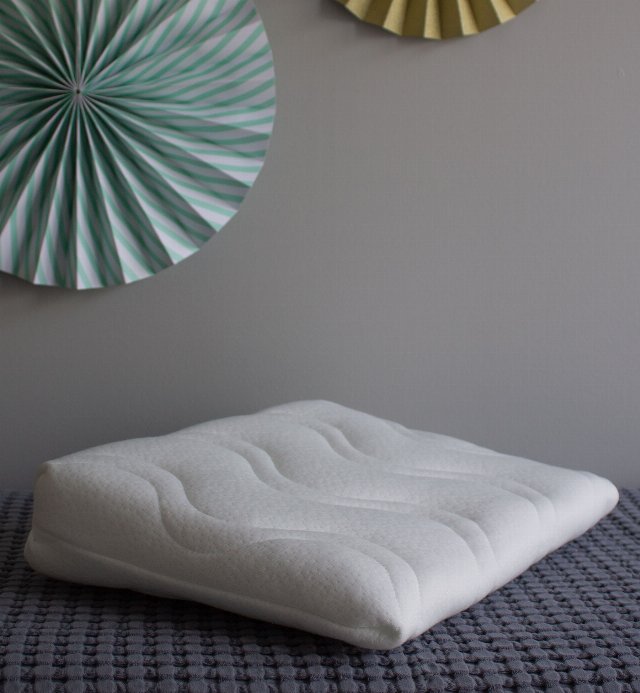Did you know that until the age of six months, babies can't breathe through their mouths? This is because their respiratory system is not yet developed. In fact, the process takes so long that it's completed between the ages of 13 and 16. It's important to know these details to understand what you can do if your child has a blocked nose while sleeping. In this article, we'll talk about nasal obstruction in babies, a symptom that, although benign, can be embarrassing.
Is a blocked nose normal in a newborn baby?
Until the age of two, babies' breathing is essentially nasal. So it's important to keep their noses clear so they can breathe without difficulty. Nevertheless, it is normal for babies to experience nasal congestion at certain times, due to factors such as :
- A cold or flu, as well as any upper respiratory tract infection.
- Temperature changes in the room where he sleeps.
- If the environment is very dry, due to heating.
One of the most obvious symptoms of a blocked nose is sleep disturbance. While not a serious problem, it can be annoying if it's repeated night after night. The good news is that there are simple, effective remedies, such as nasal cleansing. Do you know what it involves?
How do you wash your baby's nose if it's blocked while he's sleeping?
The aim of nasal cleansing is to promote good nasal ventilation, so that your baby can breathe more easily. It also helps prevent mucus build-up and other conditions such as otitis and sinusitis.
To achieve this, we recommend using natural products such as saline solution or sea water. Saline is not a medicine, so you can use it as often as necessary. Seawater contains different concentrations of sodium chloride. After undergoing purification and sterilization processes, the water retains all its minerals and trace elements to naturally decongest the nasal mucosa.
If you want to do it the right way, we encourage you to follow these tips
- First of all, lay your baby on his side on the changing table. If he's on his back, the liquid could cause the mucus to slip into his ear, leading to an ear infection.
- Try to make him comfortable and relaxed. Before washing, massage or cuddle your baby. It's important to keep him still. If you have trouble doing this, ask someone else to help him have fun.
- Apply a saline solution to the hole facing the ceiling. If he doesn't have much mucus, a few drops of saline solution in both holes will suffice. If there's more, you'll need a lot of saline solution.
- at this stage, some of the secretions will be expelled.
- Then repeat the same steps with the other nostril.
The best time to perform nasal washes is when your child is calm, for example after a bath or just before bedtime. Remember that you can repeat this operation several times a day.
Breathing better means resting
When babies have a cold, it's a good idea to elevate their upper body. However, this does not mean using a pillow or a rolled towel under the mattress. In this case, the best ally is the inclined surface, specially designed for children's comfort and safety.
The inclined surface for cribs
With this accessory, the baby's upper body is inclined at a 15° angle, for better breathing in the event of a cold, and to limit regurgitation after bottle-feeding.
What's more, all our reclining tops are made from TENCEL™, a naturally anti-bacterial material that requires no chemical treatment.
If choosing a good bed or mattress is important, so is choosing a recliner. Even if you don't use it every night, it's better to have one at home and know that it will always be there when your baby needs it.









Leave a comment